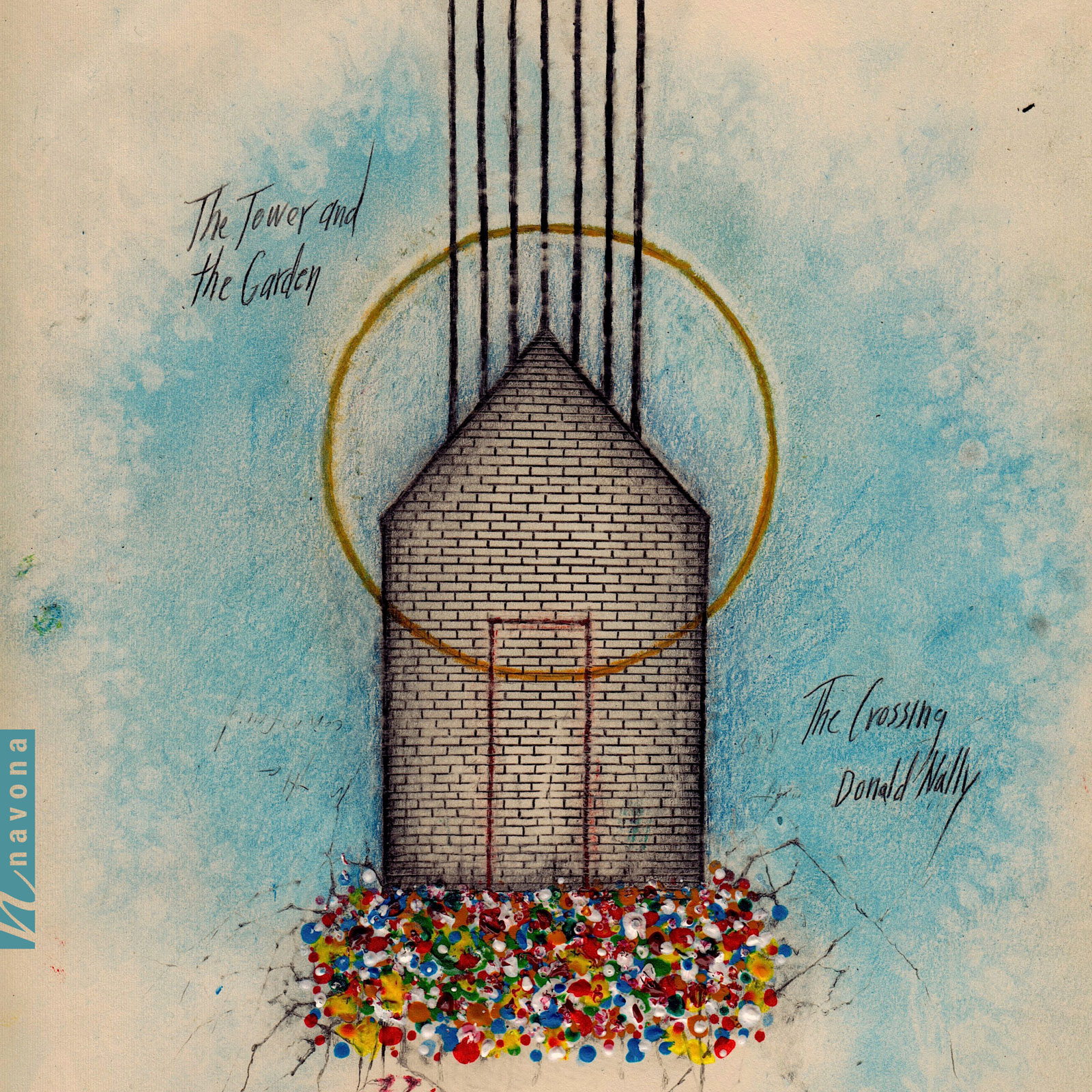
Share Album:
The Tower and the Garden
The Crossing | Donald Nally conductor
On THE TOWER AND THE GARDEN, the multi-GRAMMY winning choir The Crossing and conductor Donald Nally ponder the fragility of the earth, the awe of nature, and the power of language to unite, or divide, society.
True to their mission as a collaborative ensemble, The Crossing commissioned Gregory Spears, Joel Puckett, and Toivo Tulev for this widely varied collection that draws on words and poetry of Keith Garebian, Denise Levertov, Thomas Merton, the Botswanan shaman Kxao =Oah, and Walt Whitman. The results: in Tulev’s hands, a churning, haunting rumination on death; in Spears’, a sometimes hymnlike, at other exuberant study on the collision of religion, technology, and conservation; and in Puckett’s, a mesmerizing mediation on transformation and the coming together of body and spirit into oneness.
The Crossing has firmly established itself as a fixture of the choral and new-music worlds, holding a unique position at the intersection, indeed apex, of both, with recordings that have garnered two GRAMMY Awards and six additional nominations, collaborations with the major orchestras and museums of the United States, and sold-out performances in Europe. The artful dedication and sheer emotional power behind their performances place them at the forefront of the genre, and draws a seemingly bottomless interest from collaborators and listeners alike.
Listen
Stream/Buy
Choose your platform
"All of the music is absorbing"
Track Listing & Credits
| # | Title | Composer | Performer | |
|---|---|---|---|---|
| 01 | A Child Said, What Is the Grass? | Toivo Tulev | The Crossing | Donald Nally, Conductor | 15:25 |
| 02 | The Tower and the Garden: I. 80 | Gregory Spears | The Crossing | Donald Nally, Conductor; Brandon Garbot, Adelya Nartadjieva, violin; Jordan Bak, viola; Arlen Hlusko, cello | 5:34 |
| 03 | The Tower and the Garden: II. In the Land of Shinar | Gregory Spears | The Crossing | Donald Nally, Conductor; Brandon Garbot, Adelya Nartadjieva, violin; Jordan Bak, viola; Arlen Hlusko, cello | 9:23 |
| 04 | The Tower and the Garden: III. Dungeness Documentary | Gregory Spears | The Crossing | Donald Nally, Conductor; Brandon Garbot, Adelya Nartadjieva, violin; Jordan Bak, viola; Arlen Hlusko, cello | 7:22 |
| 05 | The Tower and the Garden: IV. 80 | Gregory Spears | The Crossing | Donald Nally, Conductor; Brandon Garbot, Adelya Nartadjieva, violin; Jordan Bak, viola; Arlen Hlusko, cello | 12:34 |
| 06 | I Enter the Earth | Joel Puckett | The Crossing | Donald Nally, Conductor | 15:37 |
THE CROSSING
Katy Avery . Nathaniel Barnett . Kelly Ann Bixby . Elijah Blaisdell . Karen Blanchard . Colin Dill . Micah Dingler . Robert Eisentrout . Ryan Fleming . Joanna Gates . Steven Hyder . Michael Jones . Heidi Kurtz . Chelsea Lyons . Maren Montalbano . Rebecca Myers . Rebecca Oehlers . James Reese . Daniel Schwartz . Rebecca Siler . Julie Snyder . Daniel Spratlan . Elisa Sutherland . Daniel Taylor
String ensemble for The Tower and the Garden:
Brandon Garbot, Adelya Nartadjieva violin
Jordan Bak viola
Arlen Hlusko cello
Donald Nally Conductor
Kevin Vondrak Assistant Conductor & Artistic Associate
John Grecia Keyboards
This album was recorded October 22, 23 & 24, 2018 at Morningstar Studios in Norristown, PA
Recording produced by Donald Nally, Paul Vazquez & Kevin Vondrak, with Nick Tipp
Initial Production & Recording Engineering Nick Tipp
Additional Engineering, Editing, Mixing & Mastering Paul Vazquez
Album artwork by Steven Bradshaw stevenbradshawart.com
THE RECORDING OF THE TOWER AND THE GARDEN IS MADE POSSIBLE through the generous gift of a long-time supporter of The Crossing.
WE ARE GRATEFUL FOR:
...for our audience, an amazing community of curious, intuitive, diverse, supportive, innovative, and caring friends; they have created The Crossing;
...for art, in this world, and the generous, creative, and determined artists who make it;
...for composers trying to make sense of things through creating;
...to our board and staff for their extraordinary commitment and support of our vision;
...to the entire staff and congregation of The Presbyterian Church of Chestnut Hill, our home: Rev. John Wilkinson, Minister; Daniel Spratlan, Director of Music; Esther Cole, Church Administrator; Ken Lovett, Associate Director of Music;
...to St. Thomas’ Church, Whitemarsh, for generously providing additional rehearsal space: Michael Smith, Minister of Music;
...to St. Clement’s Church, Philadelphia, for also generously providing additional rehearsal space: Fr. Richard C. Alton, Rector; Bernard Kunkle, Associate Organist and Secretary to the Rector; Peter Conte, Organist and Choirmaster;
...for housing our artists: David and Rebecca Thornburgh, Jeff and Liz Podraza, Corbin Abernathy and Andrew Beck, Beth Vaccaro, Rebecca Siler, Colin Dill,
...WE THANK YOU
THE BOARD OF DIRECTORS OF THE CROSSING
Phil Cooke
Micah Dingler
Tuomi Forrest - Vice President
Joanna Gates
Mary D. Hangley
Lisa Husseini
Cynthia A. Jarvis
Mary Kinder Loiselle
Michael M. Meloy
Donald Nally - Conductor
Eric Owens
Pam Prior - Treasurer
Andrew Quint
Kim Shiley - President
Carol Loeb Shloss - Secretary
John Slattery
Elizabeth Van de Water
THE STAFF OF THE CROSSING
Jonathan Bradley, Executive Director
Shannon McMahon, Operations Manager
Kevin Vondrak, Assistant Conductor & Artistic Associate
Paul Vazquez, Sound Designer
Katie Feeney, Grant Manager
Elizabeth Dugan, Bookkeeper
Ryan Strand, Administrative Assistant
The Crossing is represented by Alliance Artist Management
www.allianceartistmanagement.com
Executive Producer Bob Lord
Executive A&R Sam Renshaw
A&R Director Brandon MacNeil
VP, Audio Production Jeff LeRoy
Audio Director Lucas Paquette
VP, Design & Marketing Brett Picknell
Art Director Ryan Harrison
Design Edward A. Fleming
Publicity Patrick Niland, Sara Warner
Artist Information
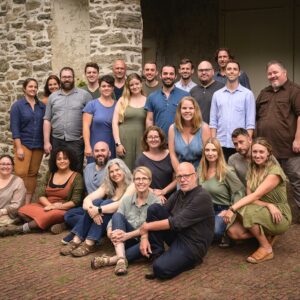
The Crossing
The Crossing is a Grammy-winning professional chamber choir conducted by Donald Nally and dedicated to performing new music. It is committed to working with creative teams to make and record new, substantial works for choir that explore and expand ways of writing for choir, singing in choir, and listening to music for choir. Many of its nearly 150 commissioned premieres address social, environmental, and political issues.
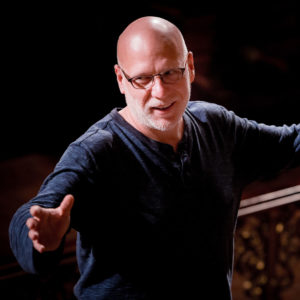
Donald Nally
Donald Nally collaborates with creative artists, leading orchestras, and art museums to make new works for choir that address social and environmental issues. He has commissioned over 180 works and, with The Crossing, has 29 recordings, with two Grammy Awards and eight nominations. Nally has served as chorus master at the Lyric Opera of Chicago, Welsh National Opera, Opera Philadelphia, and the Spoleto Festival in Italy.
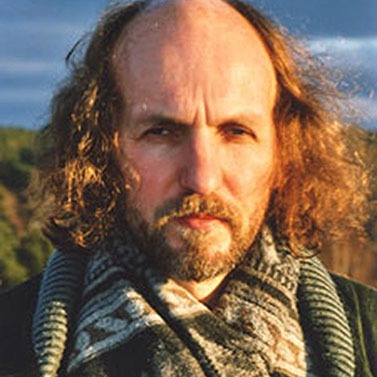
Toivo Tulev
TOIVO TULEV is head of the Composition Department at the Estonian Academy of Music. His teachers have included Eino Tamberg and the Swedish composer Sven-David Sandström; and during 1996 he studied electro-acoustic music at the Cologne Hochschule der Musik.
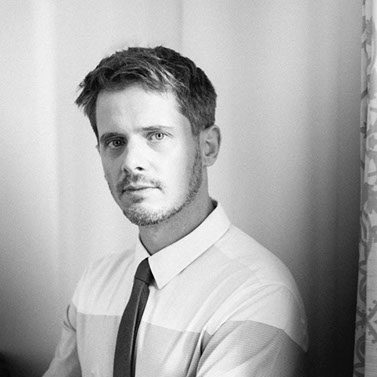
Gregory Spears
GREGORY SPEARS is a New York-based composer whose music has been called “astonishingly beautiful” (The New York Times), “coolly entrancing” (The New Yorker), and “some of the most beautifully unsettling music to appear in recent memory” (The Boston Globe).
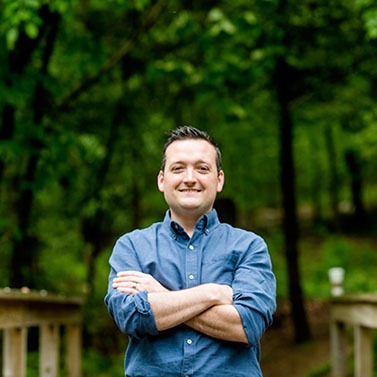
Joel Puckett
JOEL PUCKETT is a composer leaving both audiences and the press buzzing. His music has been described as, “soaringly lyrical” (Minneapolis Star Tribune), “Puccini-esque” (Wall Street Journal), and “containing a density within a clarity, polyphony within the simple and—most importantly—beautiful and seemingly spiritual.”
